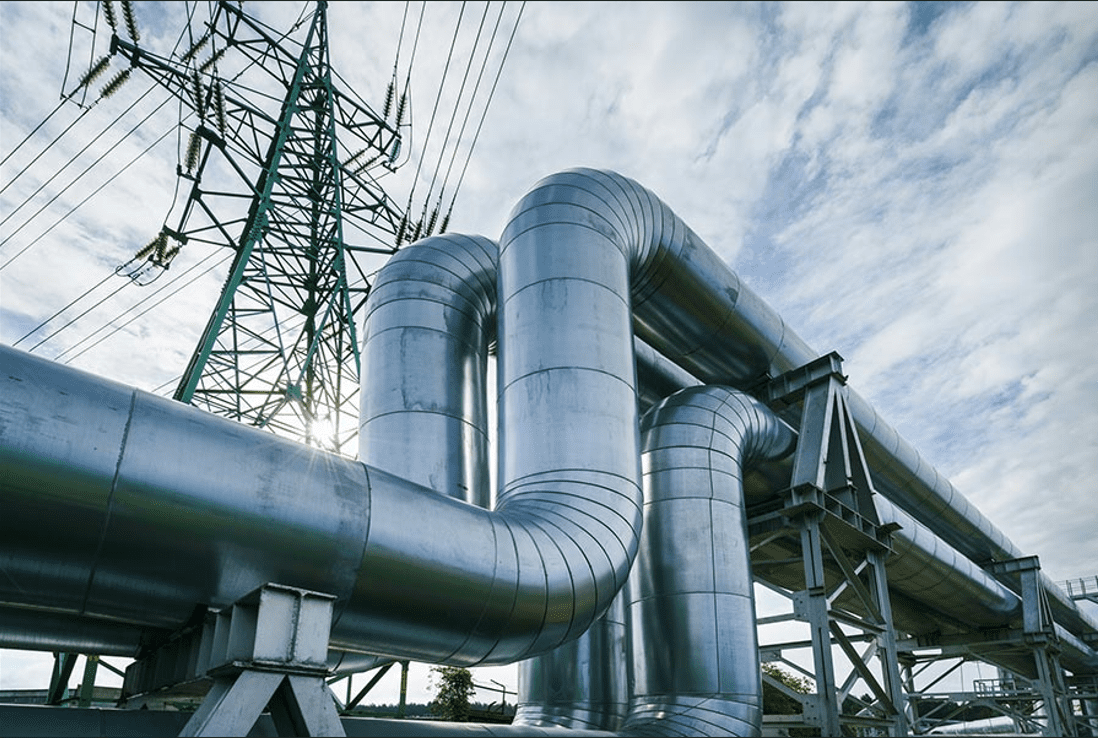New England Grid Operator Warns of Blackouts Should “Luck” Run Out
Anti-natural gas access leads to rolling blackouts, supply crunch during peak-cold Winter months
The northeast U.S. region could face rolling blackouts and natural gas shortages this winter, the region’s grid operator said yesterday, as policies to block natural gas access continue to put lives in danger.
“We have managed to keep the lights on here through a combination of skill and luck,” Gordon van Welie, CEO of the New England ISO told POLITICO. “I … have to acknowledge that we’ve also been lucky. And I don’t like the idea of: When’s our luck going to run out?”
Luck may be commonplace on a casino floor, but gambling with electric power and home heating reliability is an irresponsible grid management strategy that could leave millions of Americans in the dark and cold during winter’s most brutal stretches.
The entire northeast – including New York – is threatened with blackouts and supply shortages because of unrealistic, extreme energy and environment policy decisions to block natural gas pipeline expansions, new natural gas power generation facilities, and use in homes and buildings.
This looming crisis is self-induced and avoidable as the region sits atop and borders the country’s most prolific natural gas resource base. There’s more natural gas produced in Pennsylvania, Ohio and West Virginia than anywhere else in the nation – yet our neighbors to the north continue to be burdened by higher energy costs, inadequate supply, and unreliable service because of the actions of extreme politicians.
Six of seven interstate natural gas pipelines to move natural gas from Pennsylvania to key northeast and southeast markets have been blocked by state leaders who put politics over sound science and energy pragmatism. The Constitution Pipeline and Northeast Supply Enhancement Pipeline are two projects that would have increased the supply of clean, domestic natural gas to northeast markets – solving the perpetual reliability challenges faced.
Yet New York permit denials cut off access. Blocking pipelines doesn’t eliminate the need for reliable, affordable heat and electricity – especially in a region with prolonged, dangerously cold winters.
Rather than source natural gas from U.S. producers, the region has imported Russian-produced natural gas during peak winter demand months. Source natural gas from the U.S., which has the strictest environmental regulatory policies of any energy producing nation and provides good-paying jobs for American workers, or source from Russia, who’s environmental record is suspect.
“Massachusetts’ reliance on imported natural gas from Russia,” the Boston Globe editorialized in 2018, acts as a “severe indictment of the state’s inward looking environmental and climate policies.”
These challenges have been ongoing for years, as natural gas constraints in New York and across New England cost consumers an estimated $1.8 Billion over just one month in 2014, according to a recent CMU study. Additionally, the federal government’s EIA pricing report noted natural gas prices in the Boston area last week reached upwards of $12/MMBtu, meanwhile Pennsylvanians were paying in $3 range.

America’s blessed with an abundance of energy resources and the talent, innovation and companies to lead an energy evolution in which we develop, transport, and use energy in the cleanest, most efficient and responsible manner. As New York City’s ban on new natural gas hook-ups indicates, politicians haven’t realized the consequences of their decisions.





